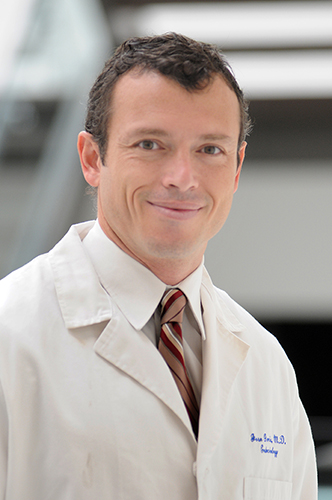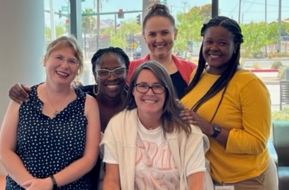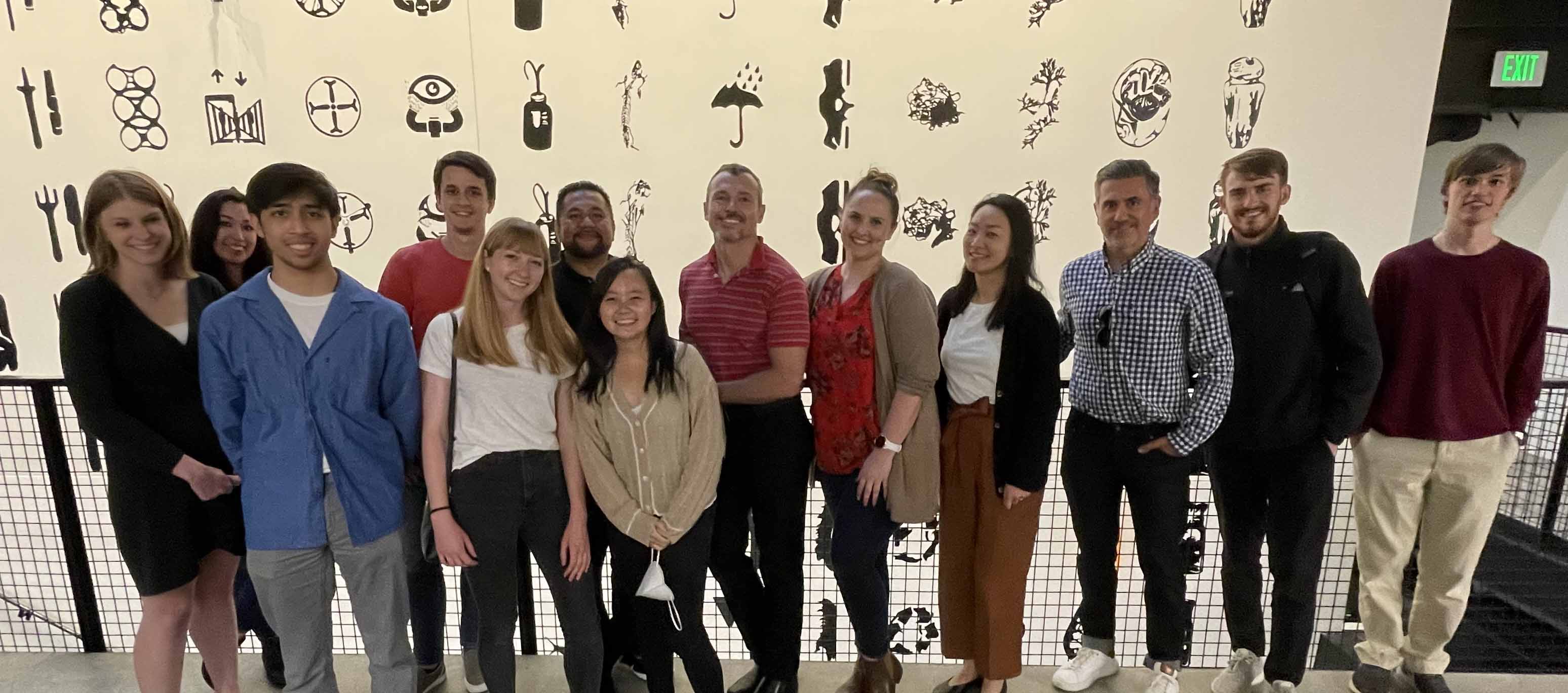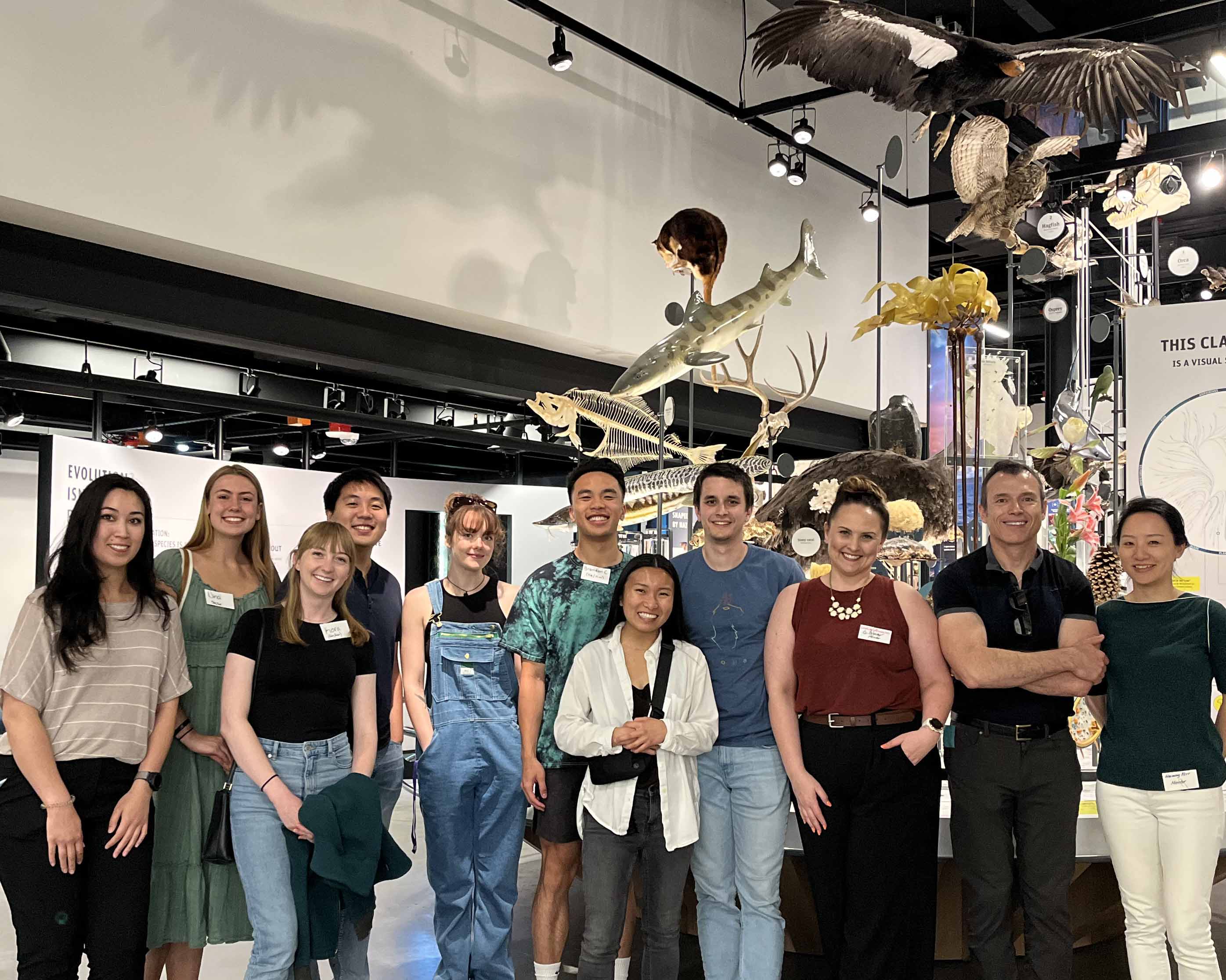


VA Summer Research Program
In June 2022, the inaugural VA Office of Research and Development Summer Research Programs welcomed 115 student participants at 21 VA sites across the country.

a national meeting in Phoenix.
A cornerstone of the VA’s efforts to strengthen and diversify the VA scientific work force, this three-year pilot program offers research experiences to Veterans, children of Veterans, and underrepresented students.
The first cohort of students included 74 college students, 8 graduate students, 11 high school students, 17 medical students, 3 medical professional students, and 2 VA employees.
Seattle Summer Research Program
Co-directed by Drs. Lindsey Anderson, acting assistant professor, and Jose Garcia, professor (both from Gerontology and Geriatric Medicine), the Seattle site primarily provides students with experience in research related to age/cancer-related declines in muscle mass and function (human, animal, and benchwork) and traumatic brain injury (TBI) related hormone dysfunction (human).
Experience in other research areas are also provided depending on the affiliate mentors rotating through the program each summer.
The first Seattle cohort consisted of 3 medical students and 2 undergraduate students, one of whom is now attending their first year of medical school. 
Research projects included prediction of long-term quality of life response after bone marrow transplant, characterization of androgen suppression effects on muscle metabolism in men with prostate cancer, comparison of hunger hormone receptor effects on muscle wasting in different mouse models with cancer, and identification of human spinal cord cell regeneration zones for application to spinal cord injury.
The second Seattle cohort consisted of 8 undergraduate students, some of which had never participated in research outside of their classroom experience. 
Projects included randomized clinical intervention trials in bone marrow transplant or people with cancer and fatigue, effects of androgen suppression on muscle metabolism in men with prostate cancer, and projects using mouse models to explore gender differences in age-related muscle wasting, microbiome outcomes after TBI, and the role of insulin and cognitive function in aging and disease.